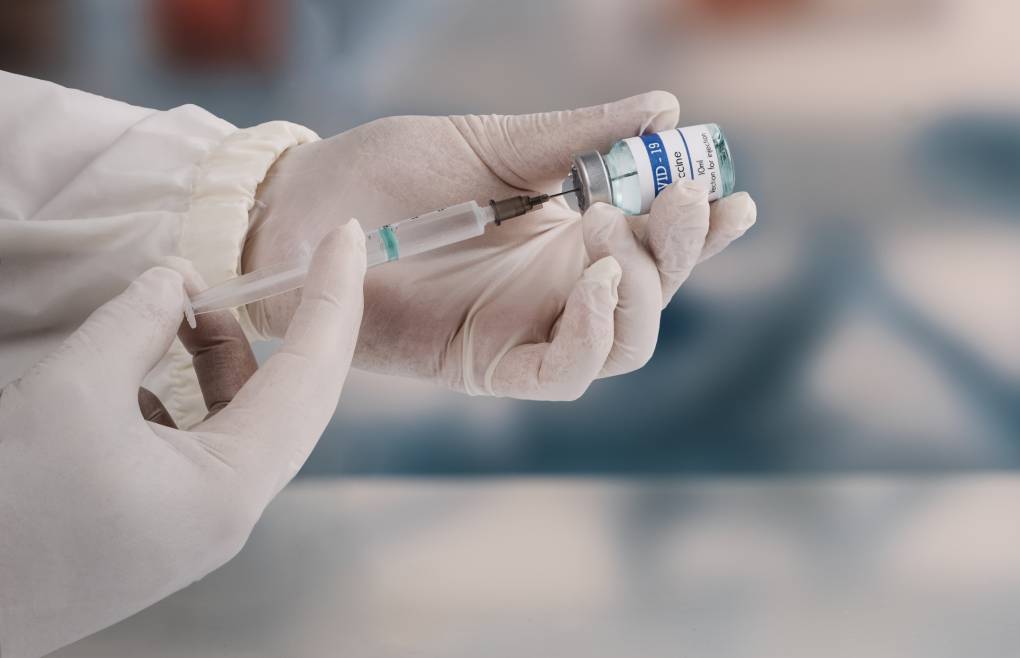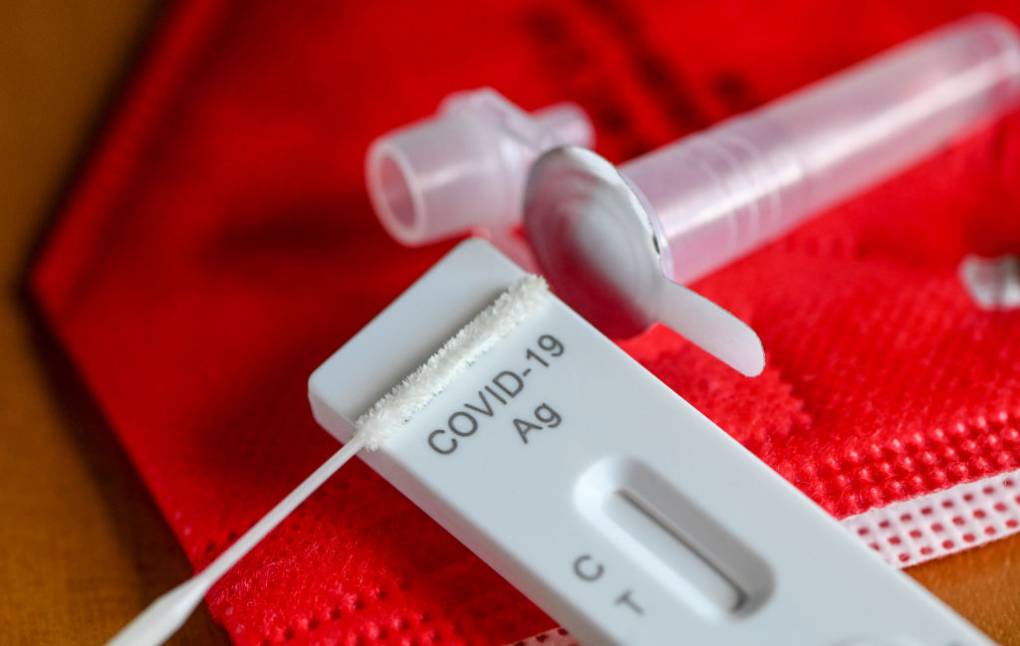The reason for this, explained Chin-Hong, is to ensure you get your full immunity ahead of the busy holiday season, from trick-or-treating at Halloween to holiday travel, Thanksgiving and beyond.
With your vaccine, “you not only get protection against serious disease, hospitalization and death, but you get a little bit of a buffer against infection itself,” Chin-Hong said. “So that if you want to have peace of mind while doing all of these things, it’s probably a good idea to peak your antibodies just when people are getting together again.”
Getting your flu shot
The Centers for Disease Control and Prevention estimates that last year’s flu season caused between 17,000 and 100,000 deaths and up to 900,000 hospitalizations. Typically, flu season starts in November and peaks around January or February, Chin-Hong said.
The CDC recommends that everyone 6 months and older get an annual flu vaccine “ideally by the end of October.” Chin-Hong told KQED that his “optimal sweet point” for getting this shot is “sometime before Halloween” — but that if you see flu cases start to rise earlier, you should hustle to seek out your flu shot even sooner.
Can I get my COVID and my flu shot at the same time?
Yes — it’s totally fine and safe to get your flu shot at the same time as your new COVID-19 vaccine, and you’ll find many pharmacies offer appointments where you can get multiple vaccines at the same time.
A caveat: if you’re trying to schedule vaccinations for a child, the CDC advised in 2023 that you first talk to your pediatrician about the best schedule for the COVID-19 and flu vaccines (and now the RSV — respiratory syncytial virus — preventive treatment, too).
I got COVID over the summer. Do I still need a COVID shot?
Yes, Chin-Hong said — although make sure you’re not getting a shot too soon after having COVID-19.
That’s because “after getting infected with COVID, in general, you have a force field for around three months,” Chin-Hong said, meaning your infection will give you a good level of immunity against getting COVID-19 again during that period.
That said, this immunity will wane, Chin-Hong said, so having “a little bit of a buffer” is something to consider. This means getting your COVID-19 shot even after two months “won’t be a bad idea if it coincides with the time when we expect COVID to come back.”
Where can I get my COVID and flu shot?
For full information on how to find an updated 2024 COVID-19 shot, read our guide. If you have health insurance, the cost of your COVID-19 vaccine should be fully covered.


